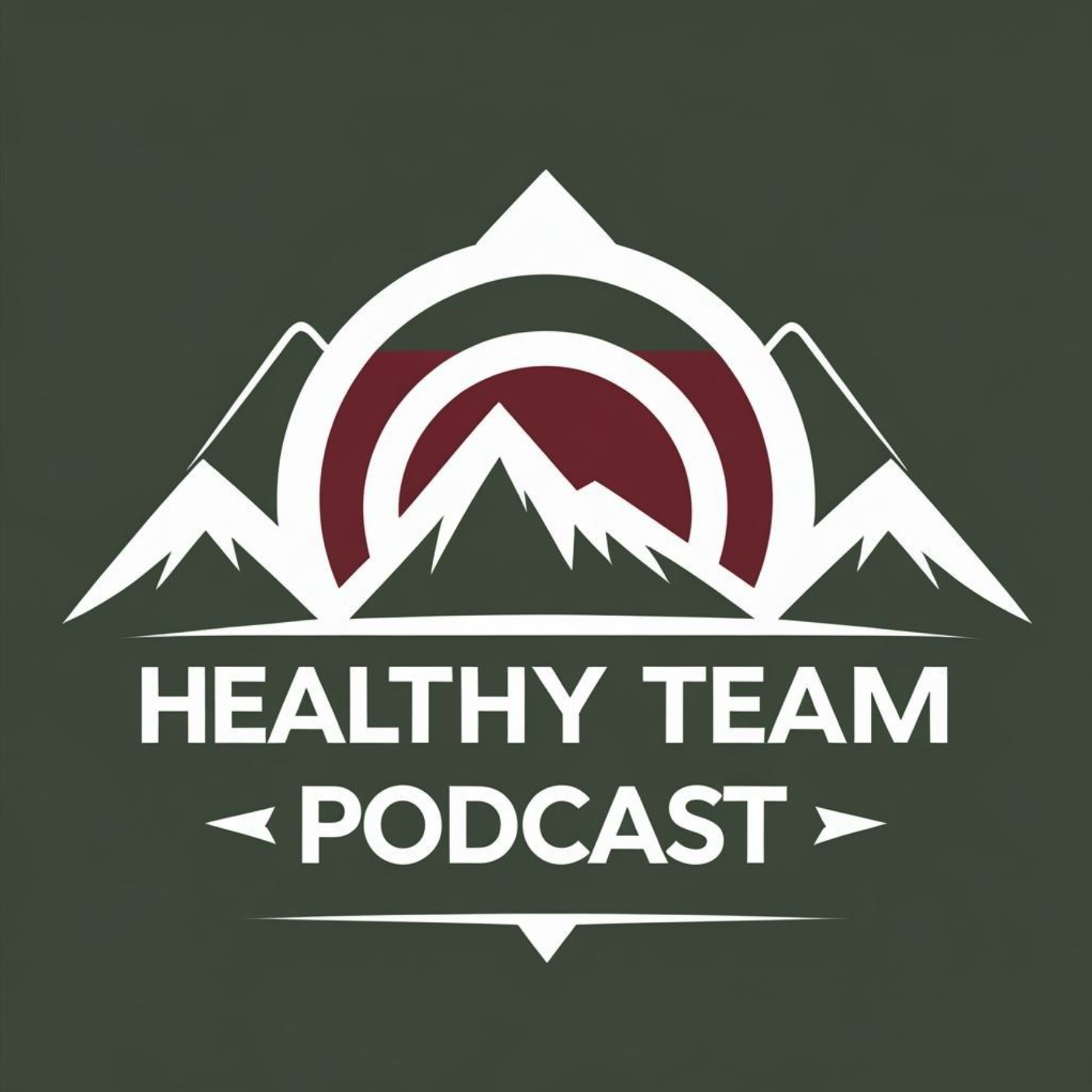September 23rd, 2010 Denver, Colorado – Several, but not all, of the key provisions of health reform law take effect today, on the 6 month anniversary of the Patient Protection and Affordable Care Act signed into law by President Obama on March 23rd, 2010.
Most health insurance plans sold prior to March 23rd will be considered “Grandfathered” and may not subject to rate increases that may result from additional benefits loaded into health insurance plans.
Here are the changes that take effect today:
- Children under the age of 19 can no longer be denied coverage due to pre-existing conditions. However, it is my understanding that children can be charged a higher than standard premium based upon pre-existing conditions.
- Lifetime and certain annual benefits limits will no longer be allowed.
- Rescission of insurance policies will be limited to in the event of a mistake in eligibility, without fraud or misrepresentation.
- Designated preventative care benefits will be covered not subject to deductible or copays.
- Parents can now also keep coverage for adult children through age 26, although that has already been in effect in Colorado for most carriers for some time.
Health Reform Changes to Still Come and Pending Rate Changes
Still, key provisions of the health reform law will not take effect until January 1st, 2014 such as guarantee issue health insurance for adults and subsidies to reduce the perceived cost of health insurance to households earning under 4 times the national poverty level.
The changing laws have also meant many changes with insurance companies. Many companies are no longer allowing “child only” insurance plans and are requiring that adults be on the policy with the children.
Also, many of Colorado’s top health insurance carriers have filed for rate increases to allow for general increases and the new additional benefits.
Update on 10/1/10 New rates have been approved by the Colorado Division of Insurance, so people shopping for insurance can get a quote on health insurance plans or a temporary health insurance plan.





I was in individual threapy for 2 1/2 to 3 years with brief breaks in between. From the sound of your pros/cons list, group threapy doesn’t sound like a bad choice. Studies have shown when you’re in a group environment where people are sort of counting on you, your results are more effective.Have you considered cognitive behavioral threapy or mindfulness-based meditation/threapy combos? I found the both of those combined in threapy changed my outlook, improve my perspective (much more positive) and gave me the tools I needed to combat those down swings. I know taking prescriptions is an individual choice and it works for some people but there are other alternatives. And the prescriptions can get pricey.